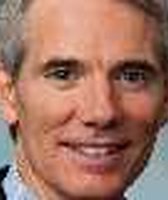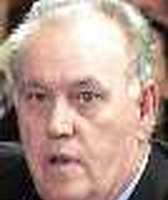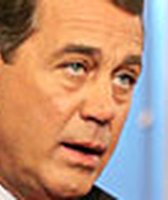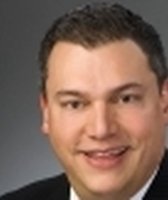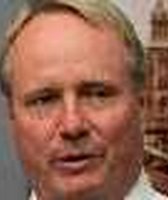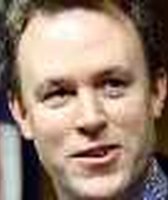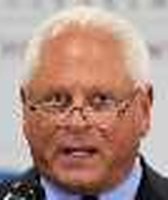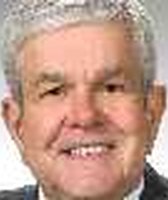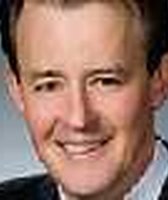Stand up for the facts!
Our only agenda is to publish the truth so you can be an informed participant in democracy.
We need your help.
I would like to contribute
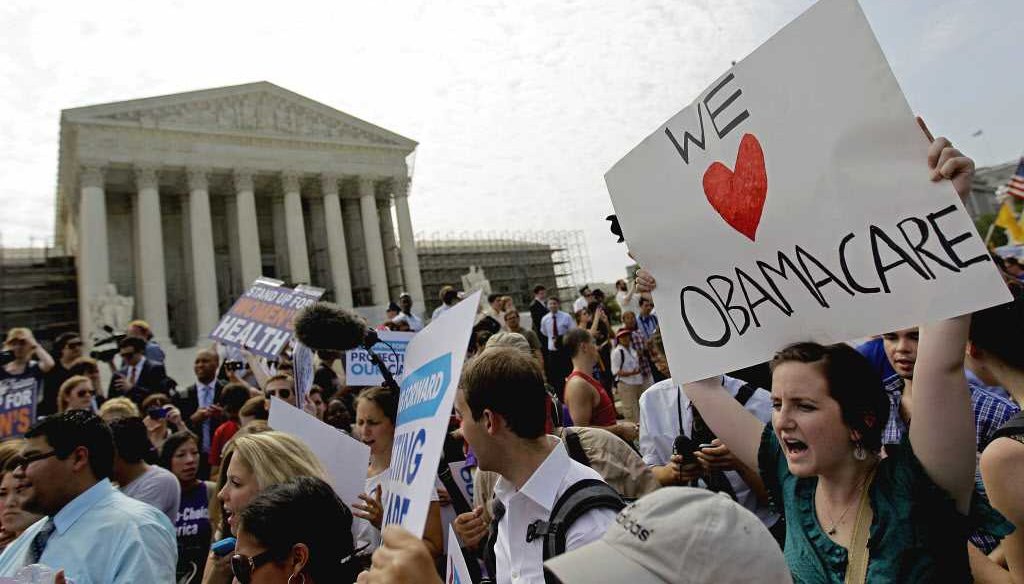
Supporters of the health care reform law celebrate June 28, 2012, outside the Supreme Court in Washington.
The debate over the Affordable Care Act will go on, even with the Supreme Court’s ruling on Thursday. If history is any guide, the claims, both pro and con, that PolitiFact has been checked will continue to be used.
We’ve found exaggerations and falsehoods on both sides. For example, President Barack Obama has repeatedly said preventive care in the law saves money, a claim that rates False.
But supporters have often been out-shouted by the law’s detractors. The repetition of inaccurate claims has left the health care law defined more by distortion and falsehoods than by truths.
These are some of the leading claims. Each was set ablaze on the Truth-O-Meter.
Claim: The national health care reform is "a government takeover of health care."
Ruling: Pants On Fire
This claim was tapped as our 2010 Lie of the Year. The health care law gives the federal government a larger role in the health insurance industry, but it relies overwhelmingly on the private market. The reform is projected to increase the number of citizens with private health insurance.
Claim: The health care law constitutes the largest tax increase ever.
Ruling: Pants On Fire
The health care law might crack the Top 10. But tax increases approved by Ronald Reagan in 1982 and Lyndon B. Johnson in 1968 were the largest in modern times and each was about twice the size. The largest increase, passed during World War II, was 10 times greater.
Claim: "Death panels" of bureaucrats will decide if seniors and the disabled are worthy of health care.
Ruling: Pants On Fire
This claim was tapped as our 2009 Lie of the Year. The amped-up falsehood started after an early draft of the bill sought to allow Medicare to pay for doctor visits in which patients discussed end-of-life care, such as living wills. No panels, no judgment on "worthiness," no decisions on care.
Claim: An independent payment advisory board created by the health care law "can ration care and deny certain Medicare treatments."
Ruling: Pants On Fire
Pat Boone sang this as the front man in ads from the 60 Plus Association. The law creates a 15-member Independent Payment Advisory Board to suggest ways to limit Medicare’s spending growth. Congress can overrule the board, which makes no decisions about individual care. It is specifically forbidden from recommending rationing of care, reducing benefits, raising premiums or cost-sharing or alter eligibility for Medicare.
Claim: The Affordable Care Act contains "a series of slush funds, set up to stay on the books automatically, with little or no oversight."
Ruling: Pants On Fire
Merriam-Webster defines a "slush fund" as "an unregulated fund often used for illicit purposes." The health care bill provides several pools of money that the secretary of health and human services can use for programs specifically defined by the law. And Congress has the power to oversee the bill’s implementation.
Claim: The health care law "slapped Ohio small businesses with a $500 billion tax increase."
Ruling: Pants on Fire.
PolitiFact found that the $500 billion figure was a fair number for total revenue raised nationally by the 2010 health care law — including taxes and various other fees and revenue enhancements — as estimated by the Congressional Budget Office in December 2009. Applying the national number to just the tax share of one segment of one state was preposterous.
Our Sources
See original items.


